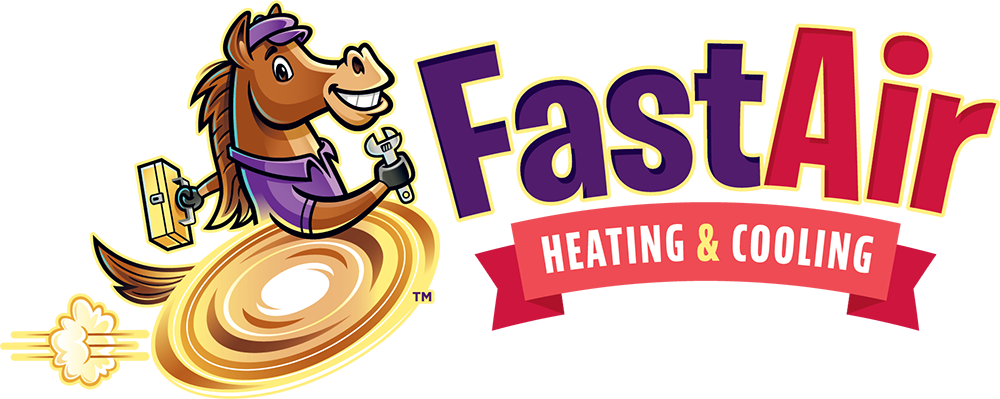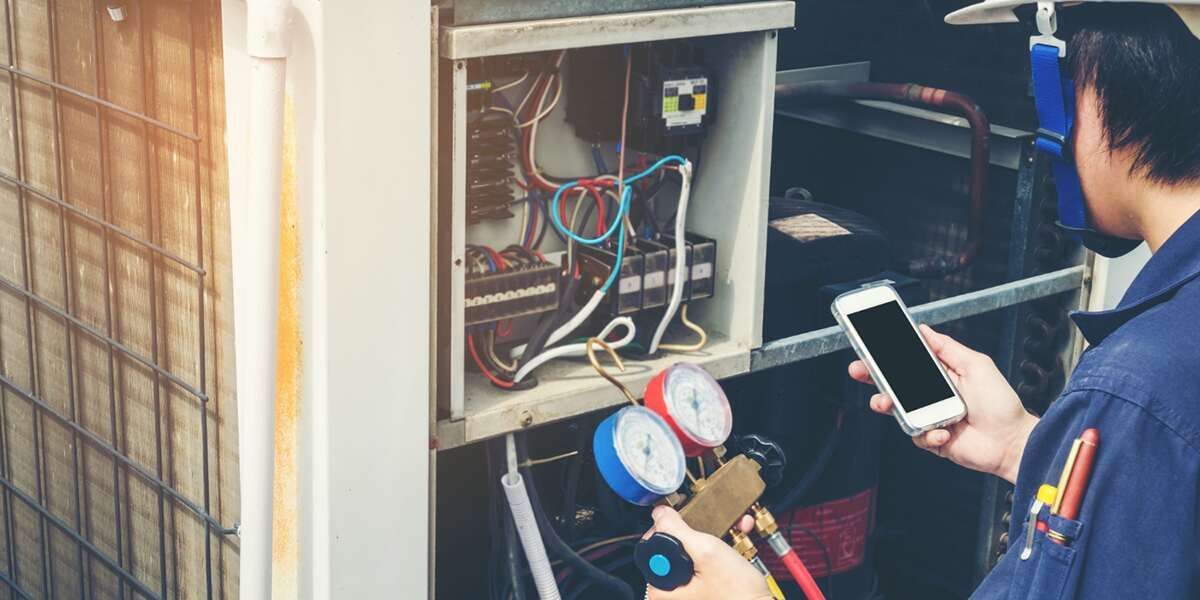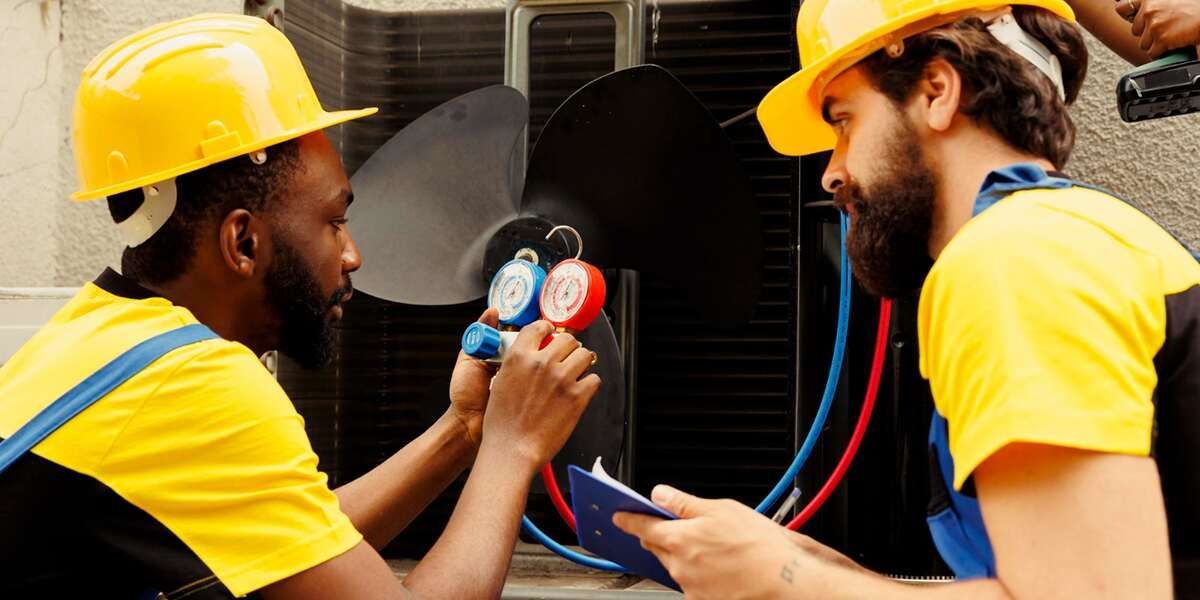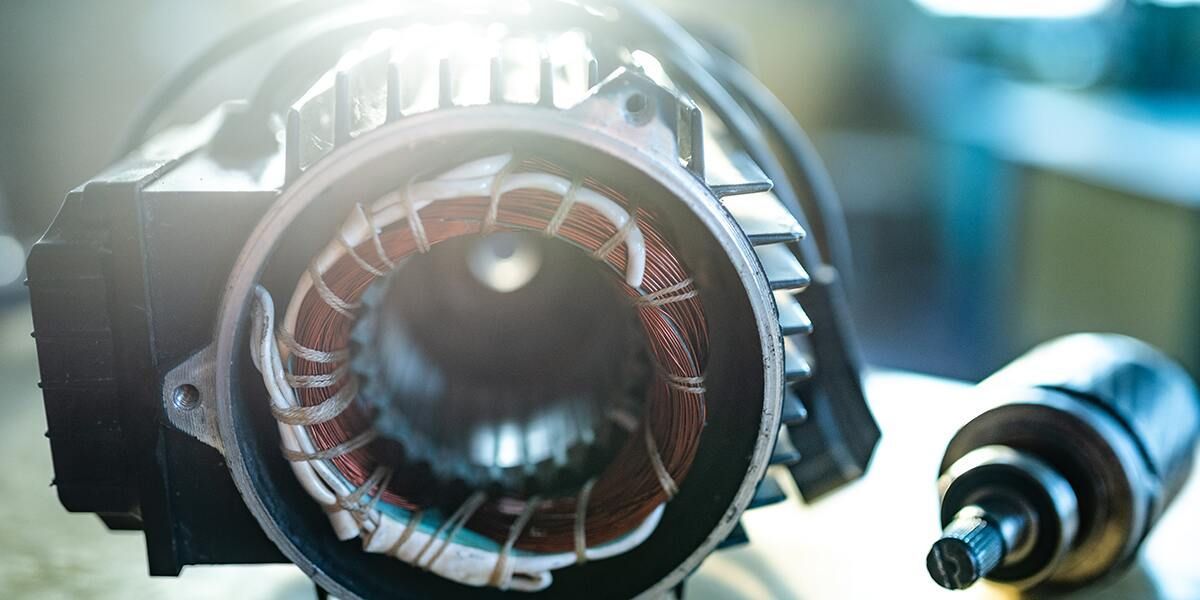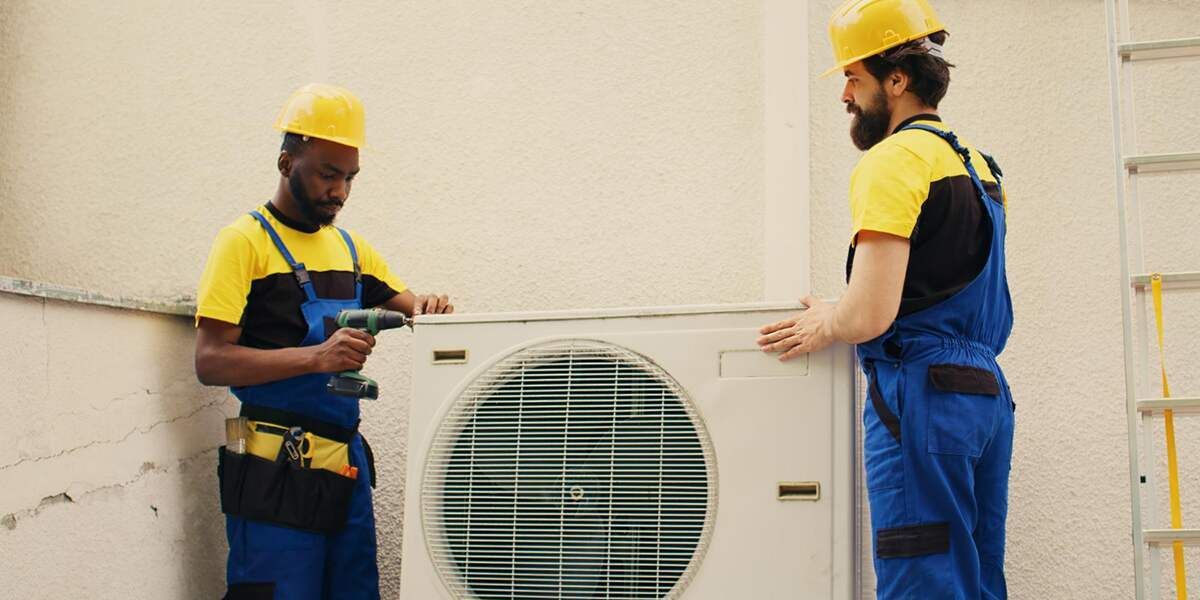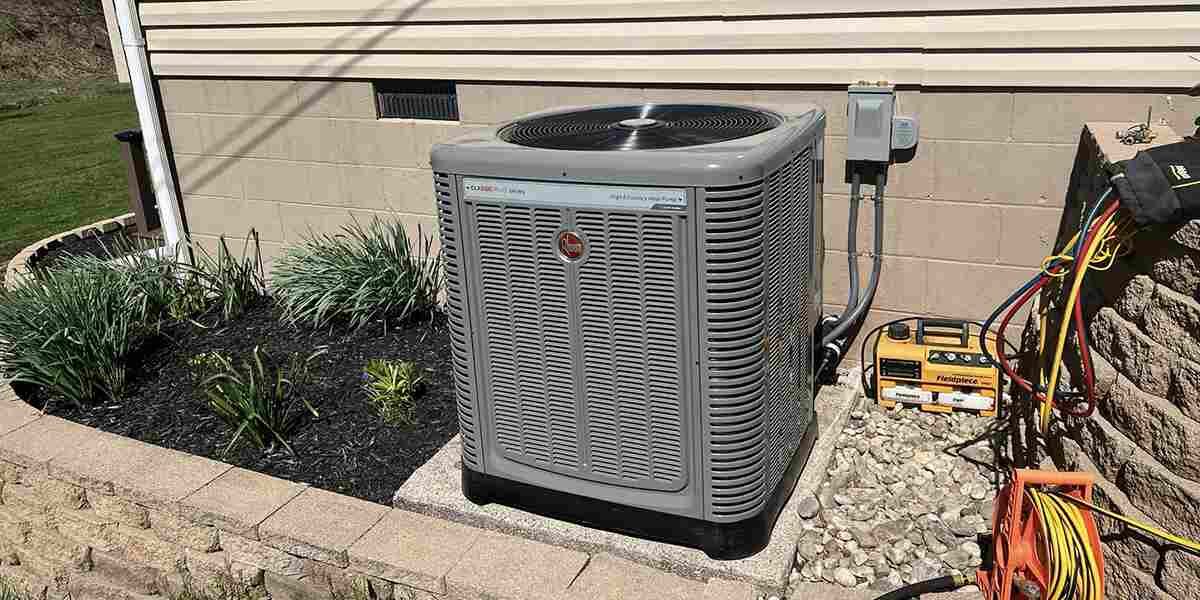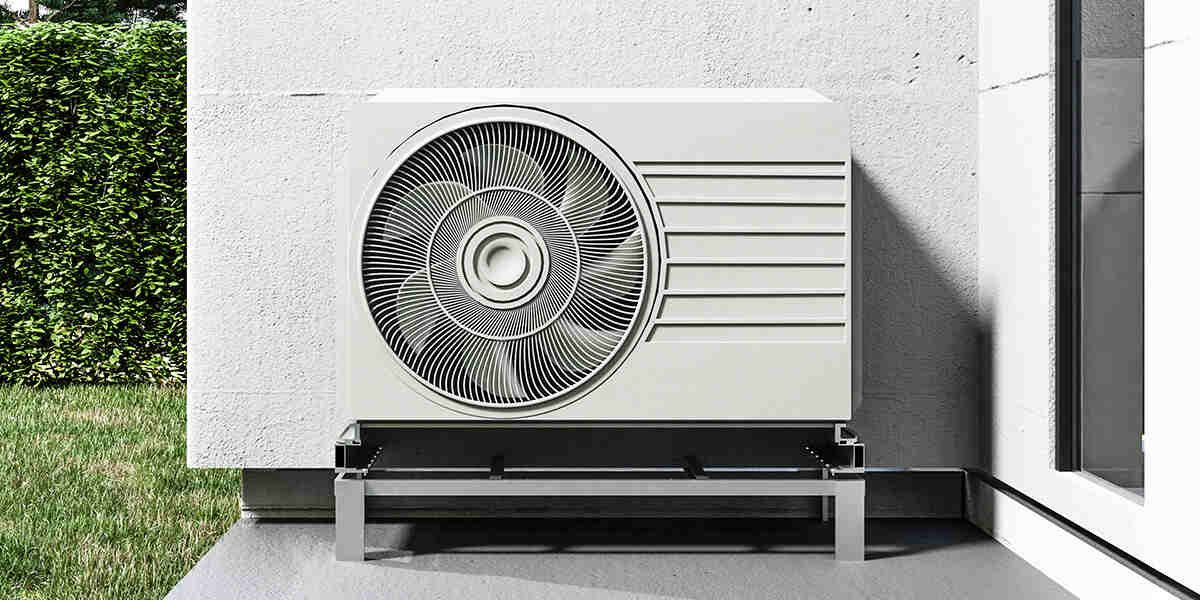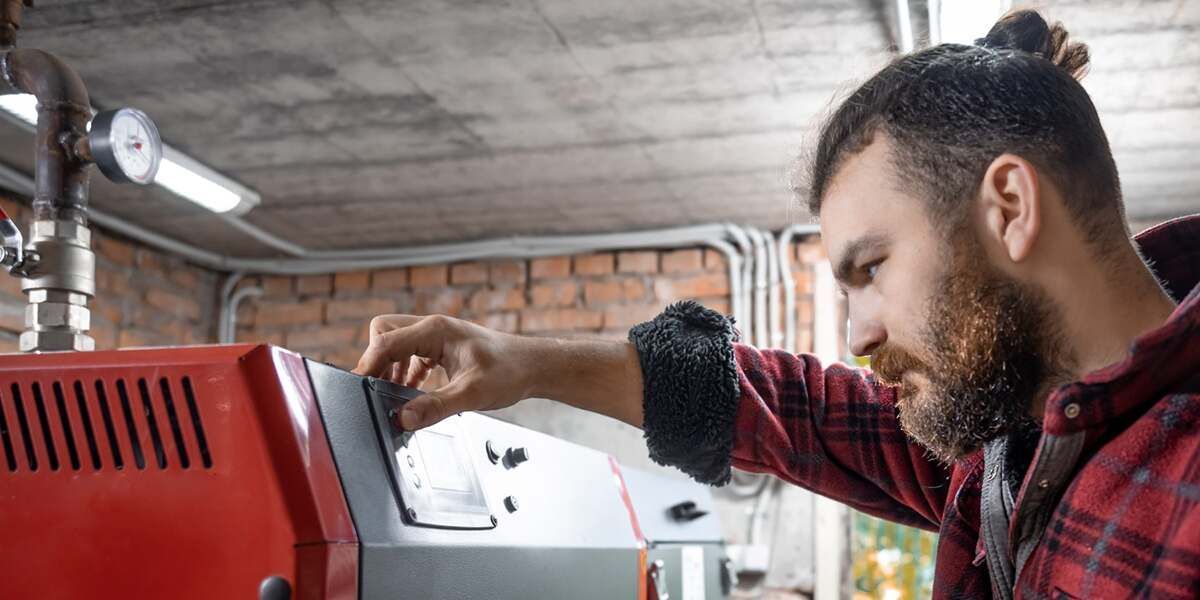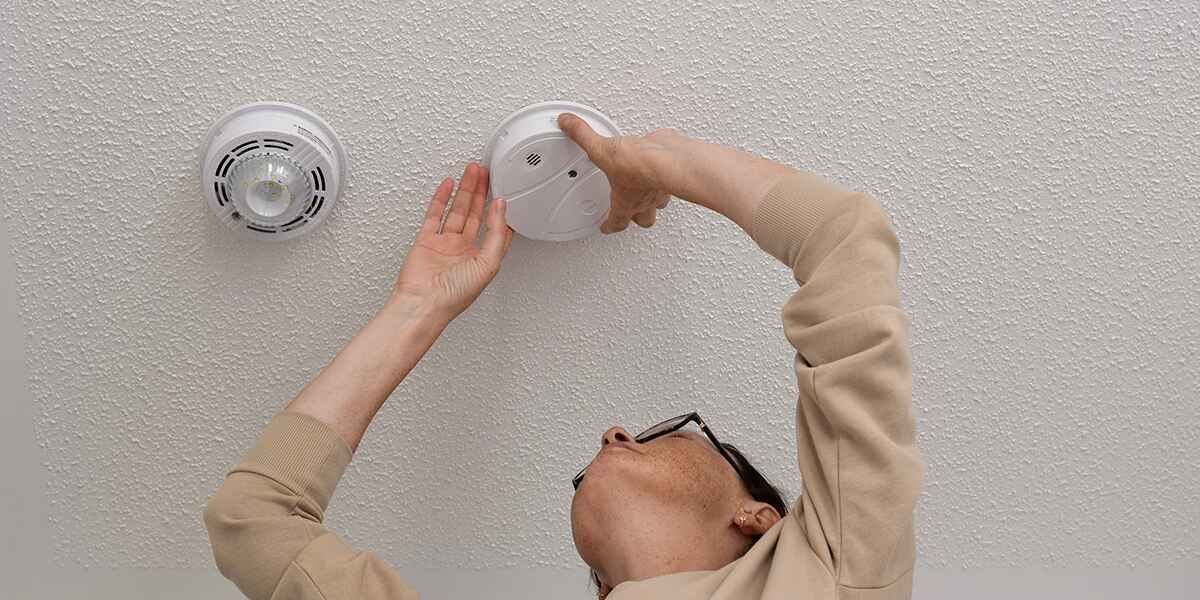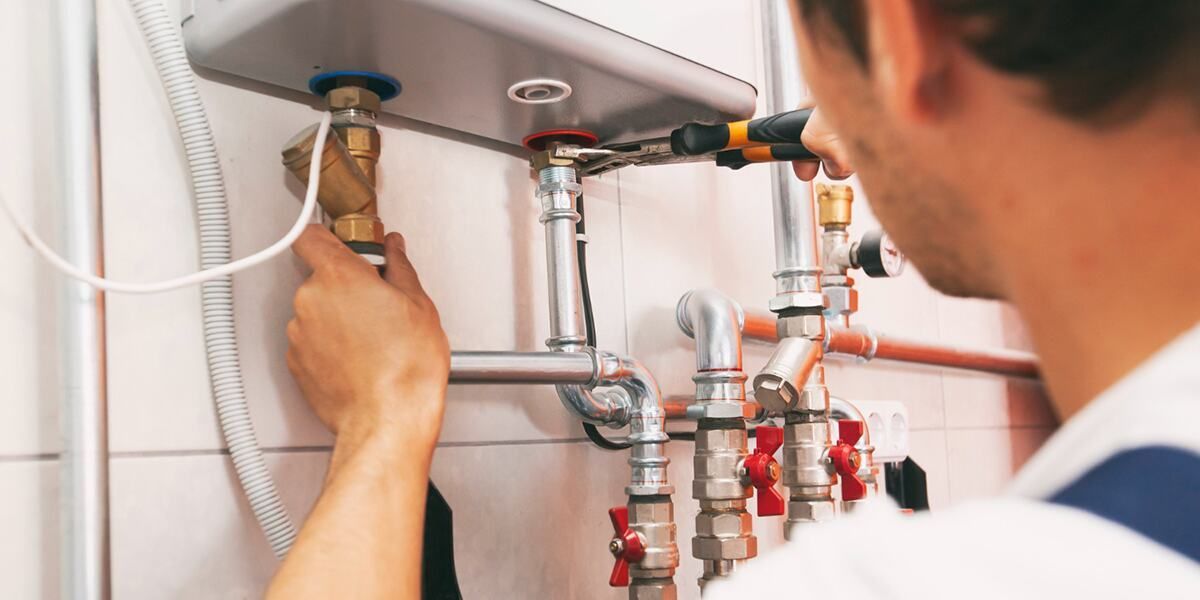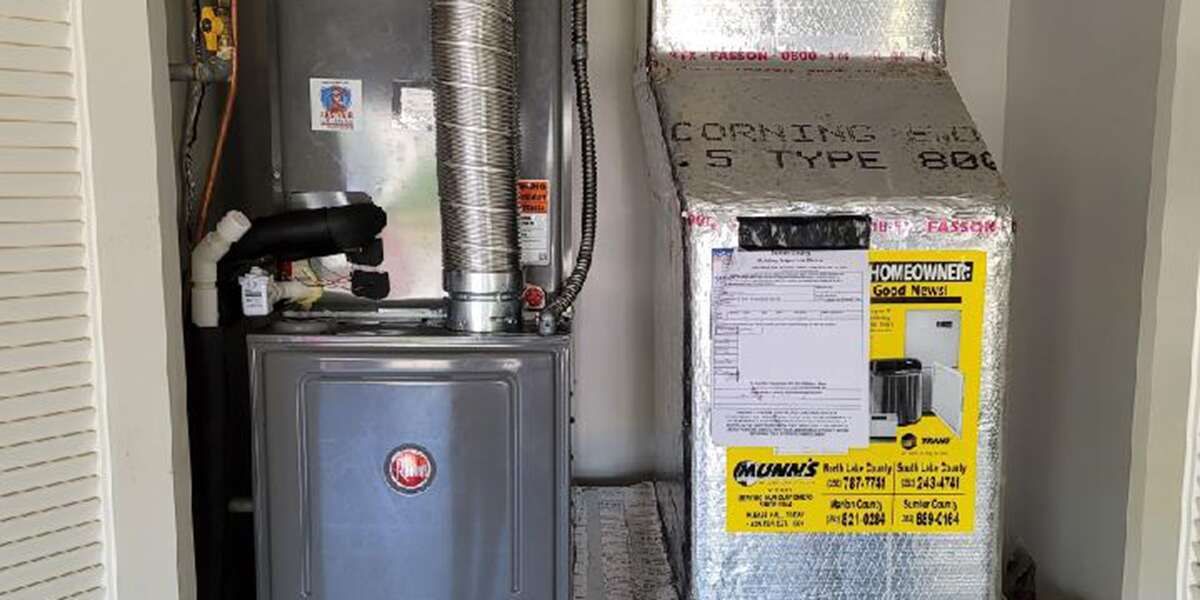EMERGENCY SERVICE AVAILABLE
How to Prepare a Furnace for Winter: The Ultimate Checklist
For more useful furnace tips or to schedule a service or repair, call Fast Air Repair at (352) 290-7968 today!
There’s nothing worse than your furnace breaking down during the middle of the winter and having to wait for repairs. Luckily, you can prepare for winter by properly maintaining your furnace before the cold weather hits. Doing so ensures your furnace keeps working efficiently throughout the season, keeping your home cozy and comfortable, no matter what the weather does.
Our comprehensive checklist of how to prepare your furnace for winter is the same one our expert furnace technicians use when winterizing your home. If you’re concerned about any issues, don’t hesitate to call Fast Air Repair, the top furnace repair experts in Ocala, FL, to get your furnace up and running before the cold sets in.
1. Check the Air Filters
Air filters trap any dirt or dust particles that could otherwise enter the HVAC system and negatively impact indoor air quality. Dirty air filters can lead to many problems, including poor air quality that leads to asthma or allergies, poor ventilation and airflow through the system, and increased wear and tear on the furnace and blower.
We recommend checking your air filters regularly and cleaning them at least twice a year or more if necessary.
2. Test the Furnace
It’s a good idea to test whether your furnace runs before the ambient temperature gets too cold. A gentle test should not put too much pressure on the system while revealing any potential issues, such as:
- Cold spots in the house
- Abnormal sounds
- Thermostat discrepancies
The best way to test the furnace is to set the thermostat a few degrees above the current room temperature and see how it performs. If you don’t feel the heat kick in within a few minutes, check the power source, blower, furnace fan, or heat pump, or call a professional before the cold weather gets too uncomfortable.
3. Clean the Heat Exchanger
The heat exchanger transfers heat from the furnace to the rest of the HVAC system. If it’s dirty, it may cause inefficient heat transfer and higher energy bills. It can also potentially crack, which could lead to carbon monoxide build-up in the home.
We recommend an annual check-up and cleaning of the heat exchanger to ensure it works optimally.
4. Test the Igniter Switch
Older systems may require a pilot light relight, while modern systems need an igniter check. If the igniter doesn’t work, check the connections and power source, and contact a professional furnace technician if it still doesn’t work.
5. Inspect the Chimney and Carbon Monoxide Detectors
One of the most important things to do when learning how to prepare a furnace for winter is to check the carbon monoxide detectors.
Furnaces produce carbon monoxide, an odorless and colorless toxic gas. While most modern systems have several fail safes to prevent the build-up of carbon monoxide in the system or home, these may be faulty if not tested regularly. Check your chimney for any blockages, such as debris or small nesting animals, and replace your carbon monoxide detectors according to the manufacturer’s instructions.
6. Inspect and Clean the Ductwork and Vents
Ductwork is responsible for keeping air moving in your HVAC system and is prone to leaks and dirt accumulation. Even small holes can interfere with your heating efficiency, leading to higher bills and poor performance. Fixing duct leaks and insulating ductwork can lead to energy savings and a faster-working heating and cooling system.
Cleaning your ductwork is also a great opportunity to clean out vents. Vents are excellent at catching dust and dirt, but debris buildup can interfere with airflow through the system.
Clogged vents and filters force the furnace blower to work harder to push air around, often resulting in slow heating. Anything that forces your heating to work harder also puts additional strain on any moving parts, which will need more frequent repairs and maintenance.
Dirty vents can also force dust and allergens into your home, leading to poor indoor air quality and increased asthma and allergy attacks.
7. Test for Leaks
While not strictly part of your heating system, it’s important to check your home for potential leaks, especially around windows and doorways. Air leaks lead to warm air escaping and cold air coming in, forcing your heating system to work harder to maintain a comfortable temperature. This additional stress generates more wear and tear and forces the furnace to consume more power to function, leading to poor energy efficiency.
Good insulation keeps your home warm in winter and cool in summer and is an excellent investment to minimize your heating and cooling bills.
8. Install a Humidifier
Many people experience the symptoms of dry air during winter, which can include nosebleeds, flaky skin, and worsened allergies. The reason is that cold air is worse at retaining moisture, leading to lower humidity in winter.
Not only does dry air make your home uncomfortable, but it can even interfere with your heating system. Moisture in the air assists with heat transfer, which is why humid days feel hotter than dry days. Dry air requires more heating power to transfer heat effectively, which puts additional strain on your furnace.
Maintaining a recommended humidity of between 40% to 60% indoors ensures your heating system works effectively while preventing you from feeling uncomfortably dry in your home.
Many modern HVAC systems have humidifiers already installed that you can control via the thermostat. If yours doesn’t, you can install a room humidifier or buy a humidifier unit that can control the humidity throughout your home.
9. Work with the Pros
While conducting a DIY furnace inspection is the first step in learning how to prepare your furnace for winter, it shouldn’t be your only option. Our professional heating and air conditioning service experts can help with all your routine furnace maintenance and repair needs, ensuring you stay warm throughout the season.
For more information or to schedule an inspection, call our team at Fast Air Repair at
(352) 290-7968 today!
Contact us for Service
Footer - Website Lead
We will get back to you as soon as possible.
Please try again later.
For emergency service, to get a free quote, or if you have questions or special requests, just drop us a line. We Look forward to serving you!
Hours Of Operation
- Mon - Sun
- Open 24 Hours
Emergency Service Available
All Rights Reserved | Fast Air Repair

